Intention: Resolve the issue of the broken UPS tracking API caused by the deprecation of basic authentication and switch to OAuth 2.0.
Technologies used: OAuth 2.0, PHP/Python, API integration, Git
People Involved: One developer worked on fixing the integration
Timeframe: The project was completed within one week
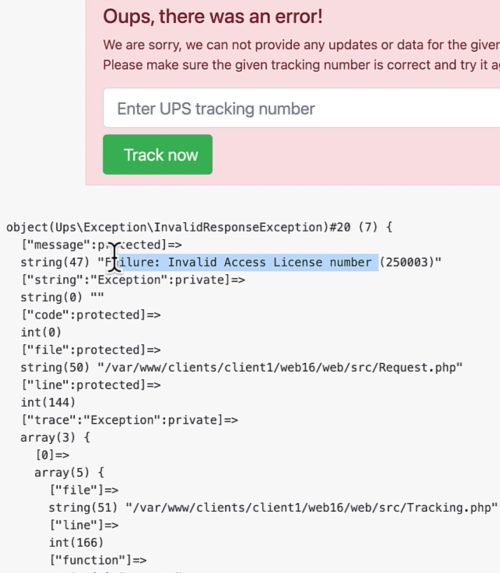
The Challenge
The main challenge was the need to quickly adapt to the UPS API's transition from basic authentication (username and password) to OAuth 2.0. This required not only updating the authentication method but also ensuring that the API continued to function smoothly with the new security standards. The task involved refactoring the authentication flow, modifying the data structure to comply with the new API specifications, and performing thorough testing, all within a tight deadline. The complexity was further increased by the urgency to ensure that tracking functionality resumed without any disruptions to the client's operations.
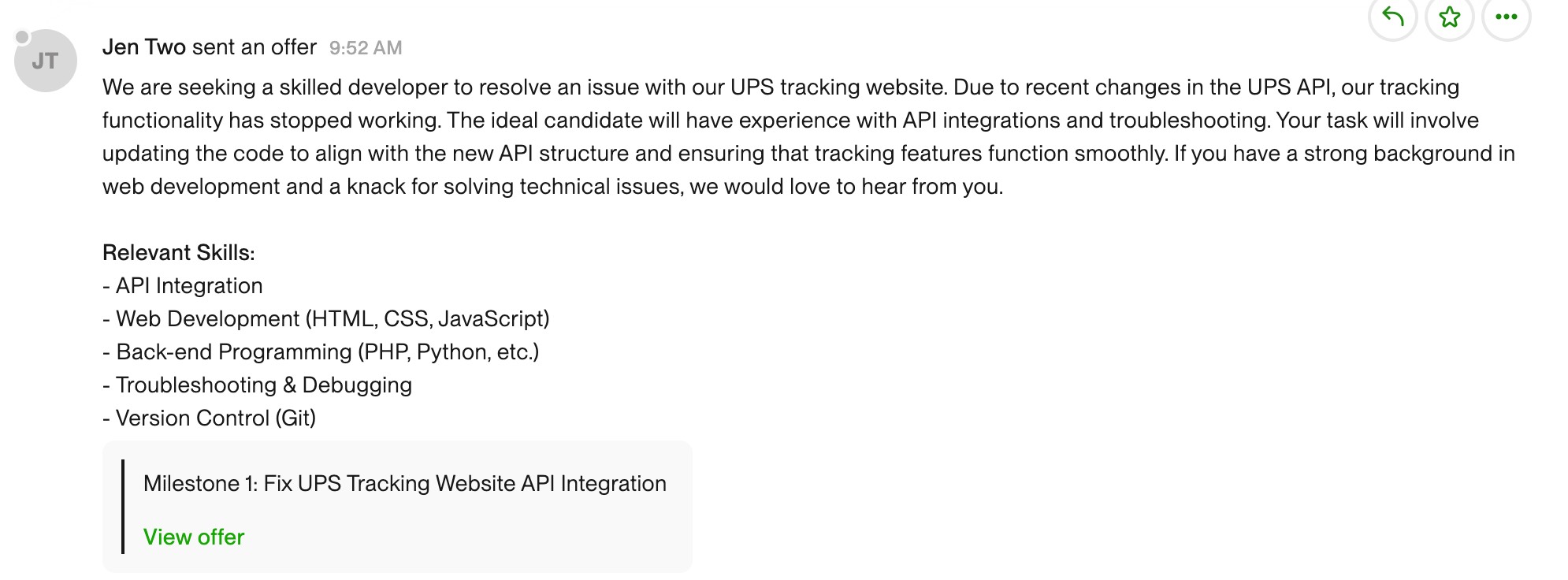
Project Overview
Jen Two sent an offer at 9:52 AM seeking a skilled developer to resolve an issue with their UPS tracking website. Due to recent changes in the UPS API, the tracking functionality stopped working. The challenge was to update the code to align with the new API structure and ensure smooth tracking features. The client needed a developer with expertise in API integrations and troubleshooting.
Relevant Skills
API Integration
Web Development (HTML, CSS, JavaScript)
Back-end Programming (PHP, Python, etc.)
Troubleshooting & Debugging
Version Control (Git)
🛠️ The Fix: Migrating to OAuth 2.0
1. Register a new OAuth application in the UPS developer portal
2. Replace legacy login code with token-based authentication
2. Replace legacy login code with token-based authentication
3. Handle token refresh logic to avoid downtime
4. Update API requests to include the new Bearer token
4. Update API requests to include the new Bearer token
5. Test thoroughly to make sure all UPS endpoints worked again
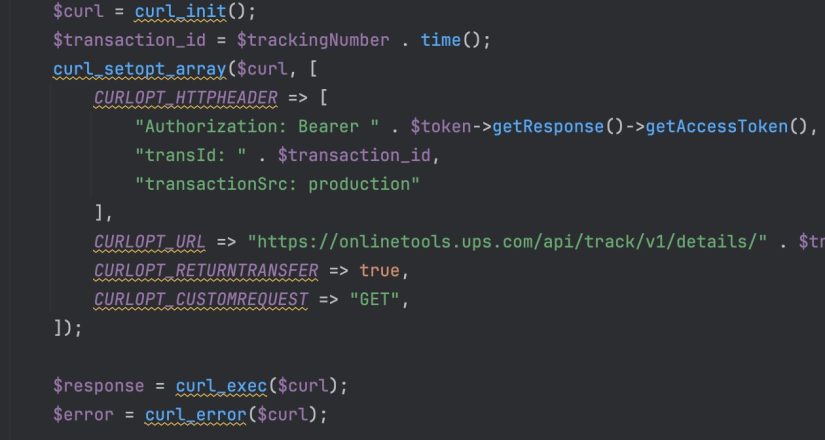
CBO UOS , such customizations included:
- Refactor Data Structure: The data structure was updated to align with the new API responses, ensuring that tracking information was displayed correctly.
- Testing and Reporting: The system was thoroughly tested to ensure the new authentication method worked as expected, and tracking data was returned accurately.
- Investigation: The issue was traced to the deprecation of basic authentication by UPS, which led to failures in tracking API requests.
- OAuth 2.0 Implementation: A new OAuth 2.0 authentication flow was implemented to replace basic auth, ensuring proper authentication and access to the UPS API.
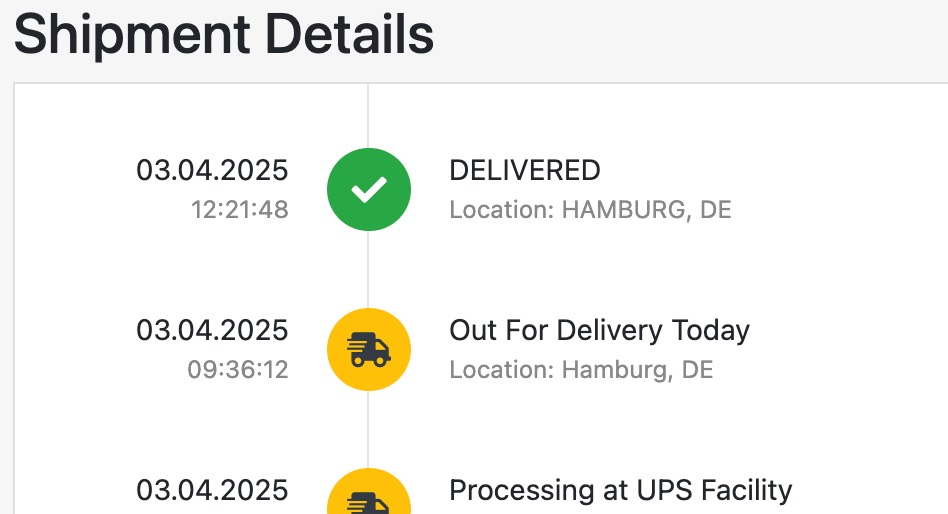
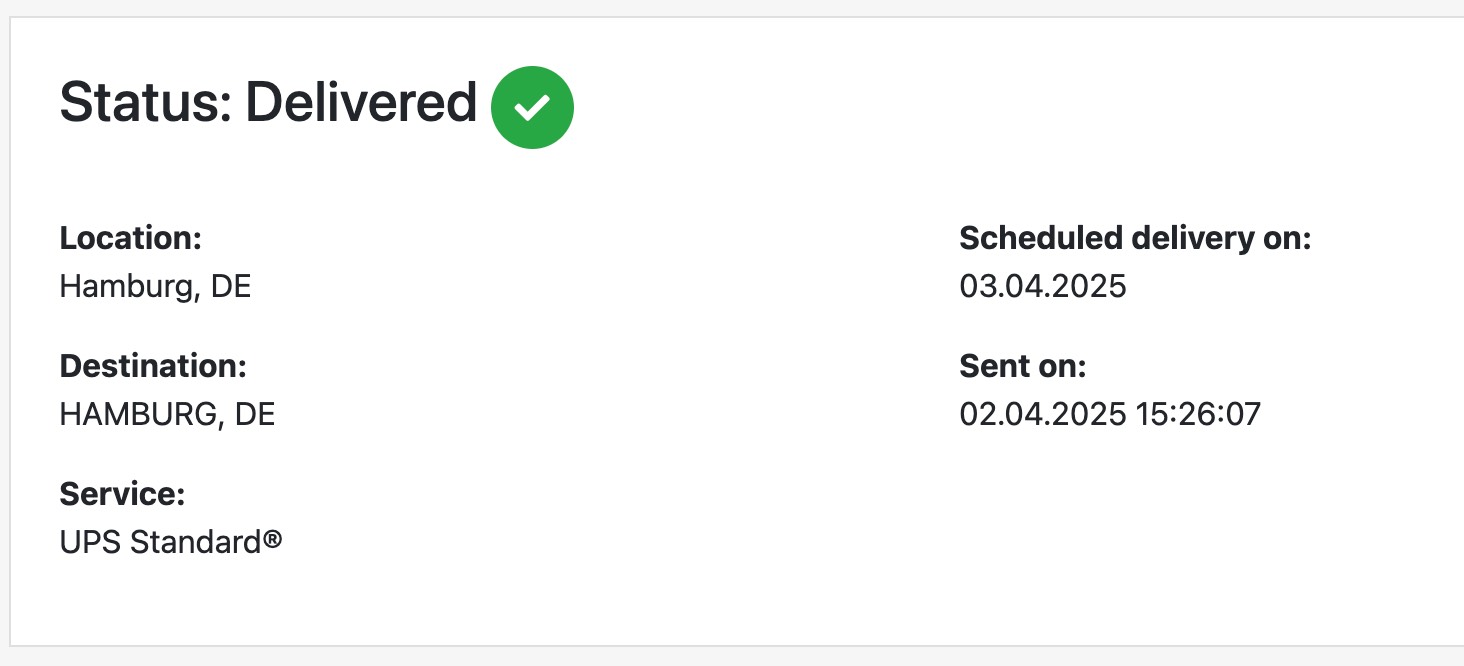
results
Results of 1 week of work
The new OAuth 2.0 integration restored tracking functionality for the client. The client provided positive feedback, confirming that the system was working well again:
"It seems to be working again very well. Thank you very much for your help, will leave you 5 stars 🙂"

Conclusion:
This project highlighted the importance of staying up-to-date with API security standards. The successful transition from basic authentication to OAuth 2.0 resolved the issue and ensured the tracking API was fully functional. The client was able to continue providing a seamless user experience without any disruption.




